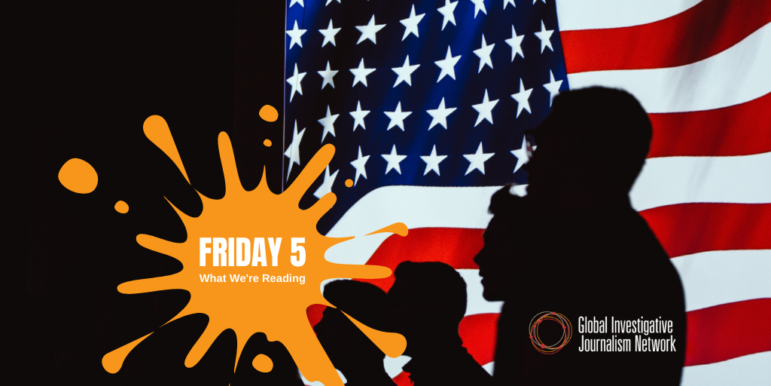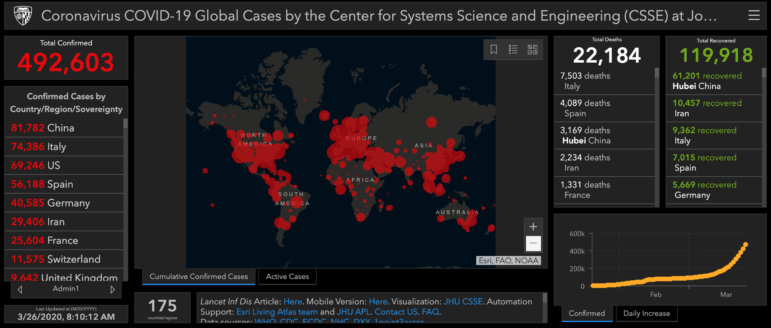Guide Resource
A Guide to Fact-Checking Investigative Stories
Bulletproofing your story demands much more than getting the facts right. It requires a meticulous approach from the start in order to pass quality control.
Bulletproofing your story demands much more than getting the facts right. It requires a meticulous approach from the start in order to pass quality control.
GIJN is publishing a new business tools guide focused on helping news outlets solve their administrative needs. Written by Talya Cooper and illustrated by Chafiq Faiz, the guide includes useful software and applications – many of which are free – for small newsrooms. Tools included cover administration, management, communication, file sharing, accounting, SEO, audience engagement, audiovisual, content management, subscriber management, design and data visualization, social media and email marketing, site security, and password management.

For this week’s Friday 5, where GIJN rounds up key reads around the world, we found stories about freelancers commissioned to write for a massive Russian-backed disinformation campaign, how to (not) get your pitch read by an editor, and a guide for reporting on US elections.

It is difficult to fathom how far the novel virus might spread, and what the ultimate consequences will be. With all the uncertainties, journalists around the world are faced with the many challenges of covering the epidemic — including combating misinformation and health risks to reporters in the field — while not fueling panic.
Citizens can investigate, and they do — all over the world. Today we’re launching a new GIJN guide to help non-journalists investigate even more. It’s full of techniques used by investigative journalists that will be helpful to citizen investigators, too. These include searching the internet, finding out who owns corporations, investigating politicians, and much more.

GIJN’s Data Journalism Resource Center is now reorganized, revised, and expanded. To help guide users, there are now 15 sections, beginning with the best books and tip sheets, working through descriptions of the main tools, and ending with mapping and visualization tools.

How do freelancers carry out a yearlong investigation when they only get paid at the end? Investigative reporter Samantha Sunne has a tiered approach to keep you from spending precious time and resources.
Need to contact a journalist abroad for a story? Seeking a contact in a remote part of the world? Here are nonprofit organizations worldwide that work in support of investigative journalism, listed by region. It’s a diverse group that includes nonprofit newsrooms, online publishers, professional associations, NGOs, training institutes, and academic centers in nearly 50 countries.